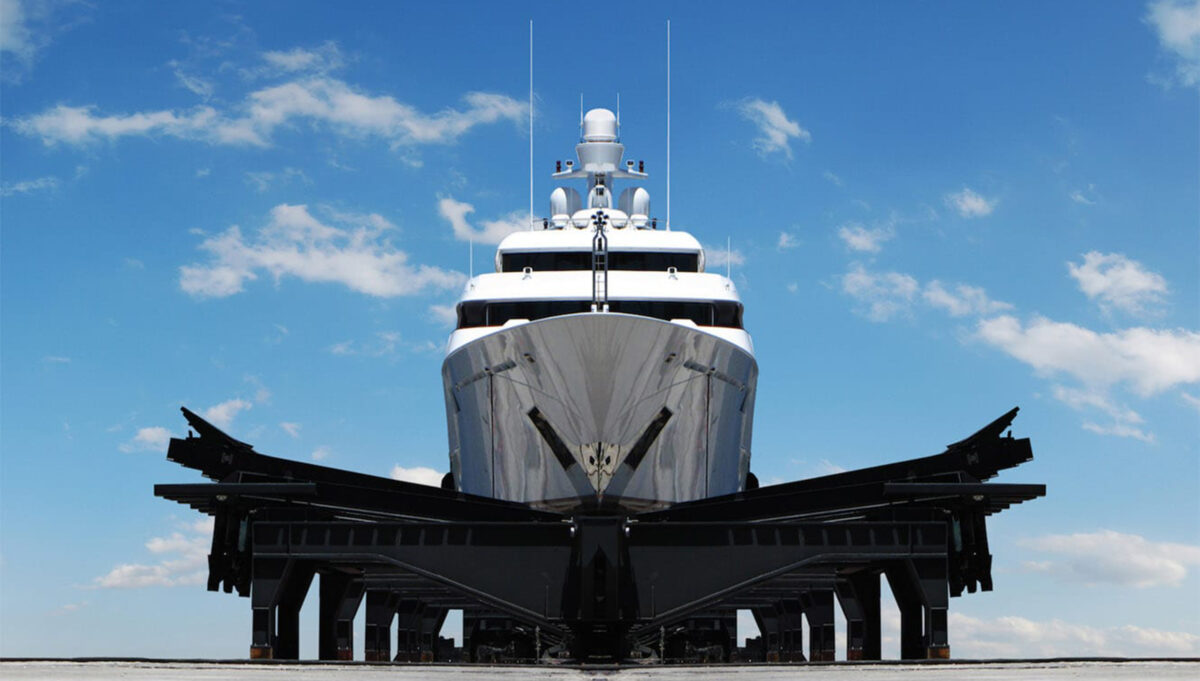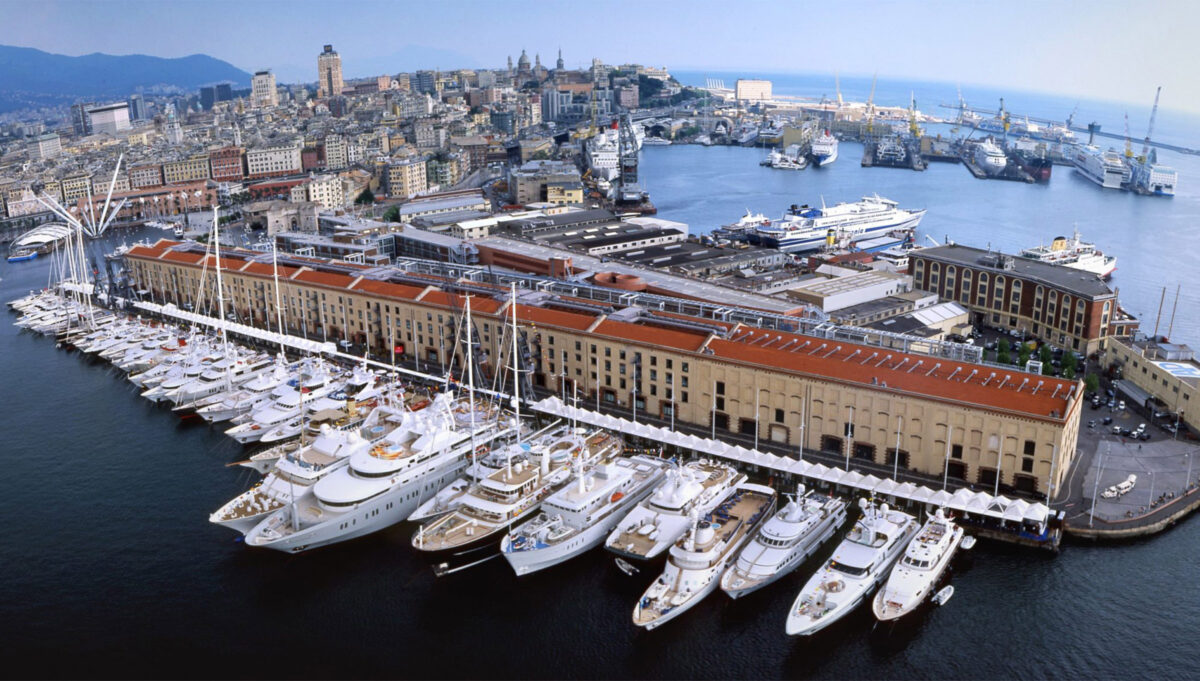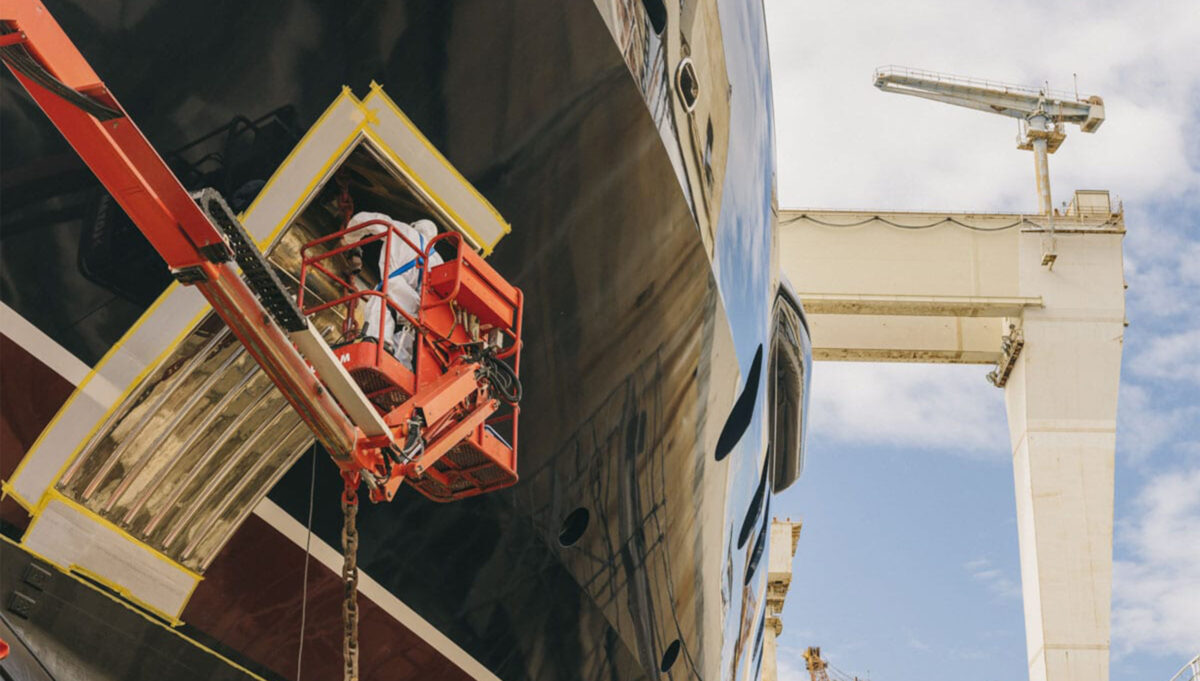

Change for the better
Talk of climate crisis has spurred much discussion about how as a species we can reduce our impact on the environment. It’s something the superyacht industry is not only starting to take seriously, but also starting to take action on.
It’s a commonly held perception that yachting as a whole is the antithesis of sustainability, but actually this is an unfair assumption. For one, superyachts themselves are incredibly long-lived, with extended lifecycles that can easily span several generations of owners. Indeed, many of the early classic motor and sailing yachts are still active today, and are the pride of those who own, enjoy and crew them. What’s more, industry initiatives such as MarineShift360’s and Water Revolution Foundation’s lifecycle assessment tools, and the latter’s Yacht Environmental Transparency Index along with its growing database of sustainable products and solutions, are helping shipyards and owners to make more informed decisions about how they build and operate their yachts.
That new-build and refit shipyards play a key role in their communities is clear. Often employing hundreds or even thousands of workers, from trades and fabricators to engineers, interiors specialists and clerical staff, they have a significant impact on local and regional economies. Moreover, many yards have active community programmes supporting local causes and charities or funding local sports teams. Some even go a step further – Genoa-based refit shipyard Amico & Co, for example, joined forces with yachting agents Pesto Sea Group to promote and develop Genoa as a superyacht hub at the heart of the Mediterranean, which now includes an extensive waterfront regeneration and redevelopment project backed by the city itself.

Genoa waterfront, part of the Genoa Superyacht Hub project

Genoa waterfront, part of the Genoa Superyacht Hub project
Of course, there is still a journey ahead for superyachting to transition further toward sustainability, at the very least in order to sustain its own future. It’s something refit specialist MB92 – which has refit shipyards in Barcelona, Spain, and in La Ciotat, France – is taking a proactive stance in investigating with the aim not only of encouraging thought-provoking discussions about yachting and the environment, but also of driving positive change in the industry and beyond through assessing real and viable solutions.
The shipyard is not tackling the topic alone, inviting key players from around the superyacht industry each year to a roundtable discussion and debate in order to curate an annual sustainability report, the latest of which – titled Technology and the Oceans – was released in the summer of 2022. The report homes in on a series of facets the roundtable team – led by MB92 La Ciotat Operations Director Rob Papworth – have discussed in their drive to understand the direction yachting needs to take, the potential roadblocks it may face, and the more promising solutions that can help it get past them.
The most recent panel comprised industry luminaries including James Roy, Managing Director of Lateral Naval Architects; Michael Breman, Sales Director at Lürssen Yachts; Pier Posthuma de Boer, Refit & Services Director at Feadship; and Tobias Kohl, Director Application Engineering Marine at Rolls-Royce Solutions, among others. The range of topics discussed included a focus on the most feasible actions the industry can take to reduce its carbon footprint, with such technologies as hydrogen fuel cells, teak alternatives and lifecycle assessment tools just a handful of the elements considered.

MB92 La Ciotat Operations Director Rob Papworth

MB92 La Ciotat Operations Director Rob Papworth
The superyacht industry is already taking a lead in alternative fuels and propulsion methods, with a series of superyacht projects aimed at switching away from fossil fuels and toward cleaner, greener energy such as hydrogen, as well as yachting hotspots that are taking positive action to drive the industry toward a more sustainable future. There’s still a way to go, however. “Clients are the ones that ultimately will be driving the bus,” commented Breman, “and it is our job to tell them what is possible and try to convince them to take this bold step.”
Fortunately, the superyacht industry is a prime mover in the field of technology and early adoption, with superyacht owners not only having the resources to drive innovation but also, in some cases, the desire to be at the leading edge. “These are the innovators who realise that you don’t make a gain without taking a risk,” Roy offered. “Our challenge is to make it more compelling for them to take those risks.”
For MB92 itself, the yard is not just looking to encourage debate and discussion, it is also already putting solutions in place to make an immediate difference. “At MB92 one of the main actions we have taken has been in dock electrification,” offers Pepe García-Aubert, Chairman of the MB92 Group. “We have invested significantly in providing connections so that all yachts that use our facilities can be connected to onshore electricity that comes entirely from renewable sources.”

Superyacht refit at MB92

Superyacht refit at MB92
Such actions represent relatively small but significant steps toward a greener future for yachting, which collectively is taking a proactive stance toward its environmental footprint, and ultimately this will help drive other industry sectors – both marine and beyond – forward. “It is my belief and hope that we will soon see owners, management companies, shipping agencies, as well as yacht officers and crews, demanding sustainable practices from the marinas the shipyards where they are moored or carrying out maintenance,” García-Aubert continues. “There is going to be increasing pressure and demand from society, and it is my hope that this filters through the entire [superyacht] production and supply chain, meaning that soon if a yacht is not sustainable, it will dramatically lose its value.”
For Roy, there’s a more fundamental and wide-ranging justification for superyachts and the contribution they can make to society as a whole. “I’m engineering a project which the world doesn’t really need,” he comments in the MB92 report. “In a world where resources are depleting, how do I justify that to myself when I look in the mirror every morning? And the answer is that we are coming to work to advance science and technology and make things better and more efficient as part of a bigger collaborative picture of moving humanity forward.”



